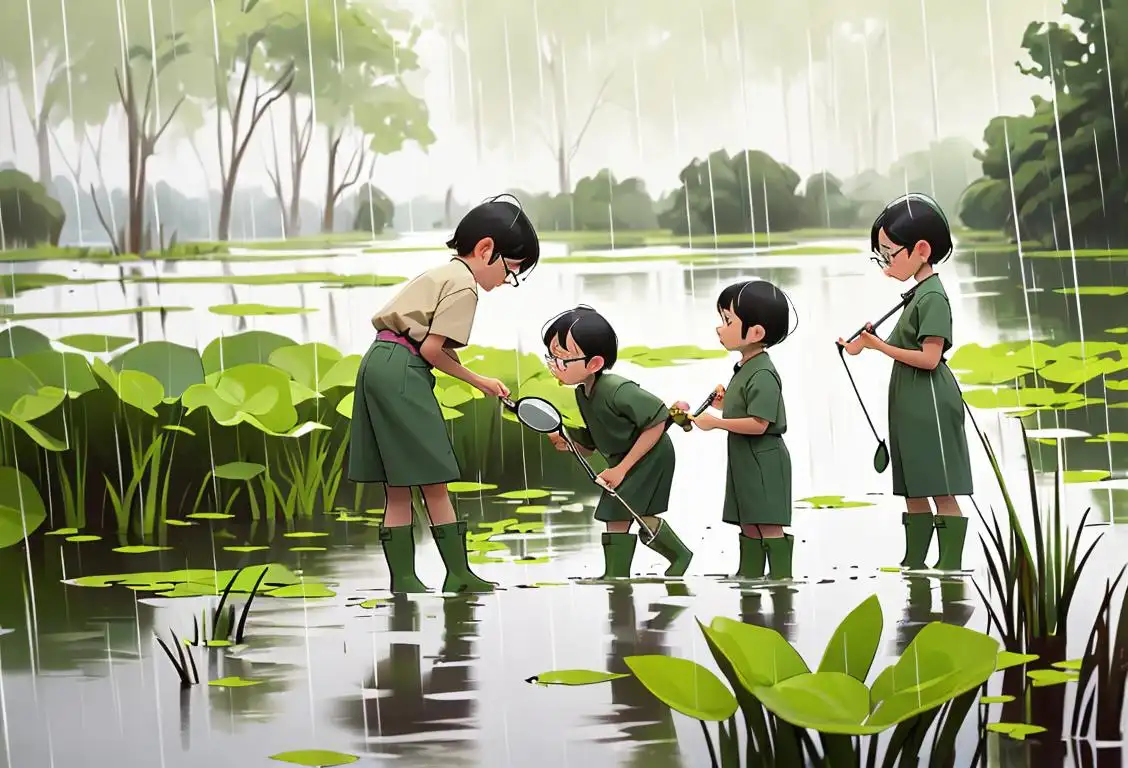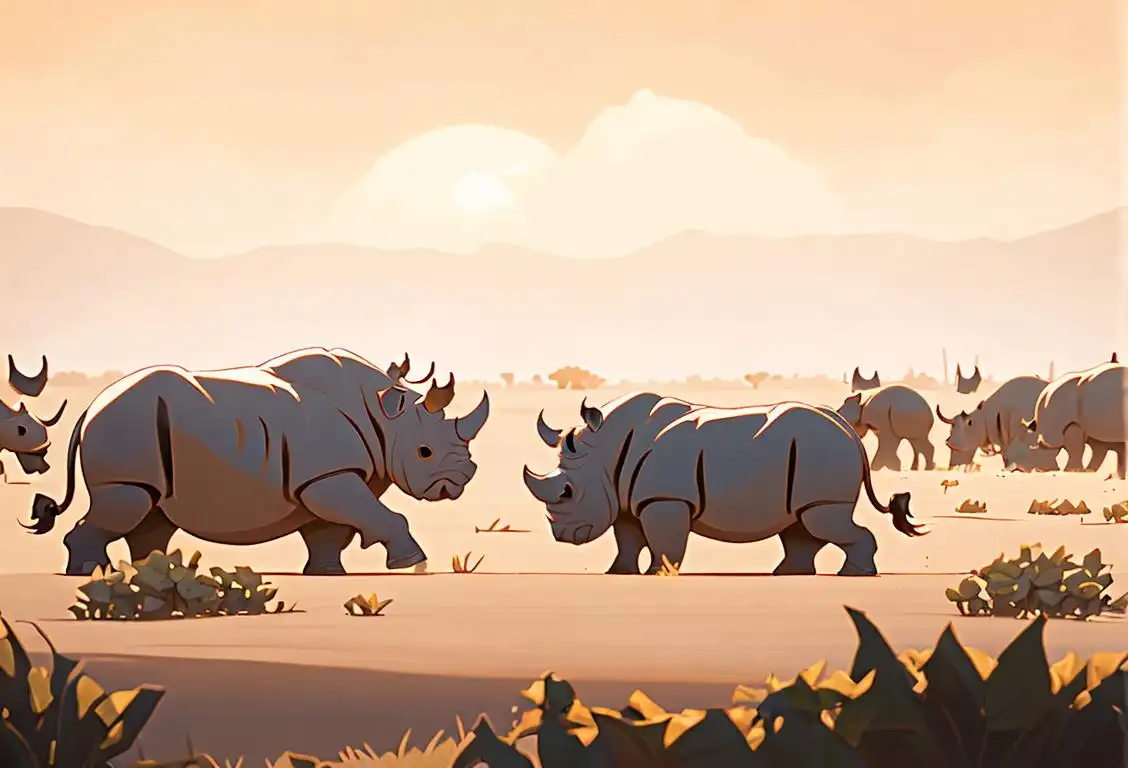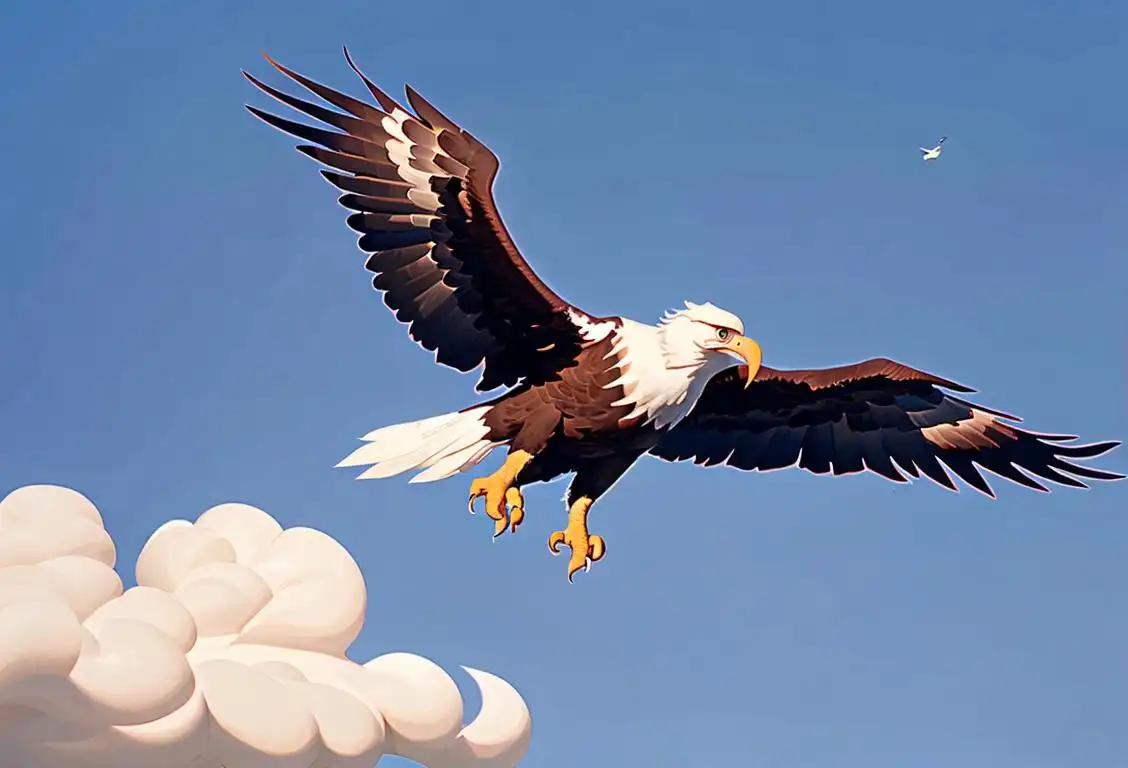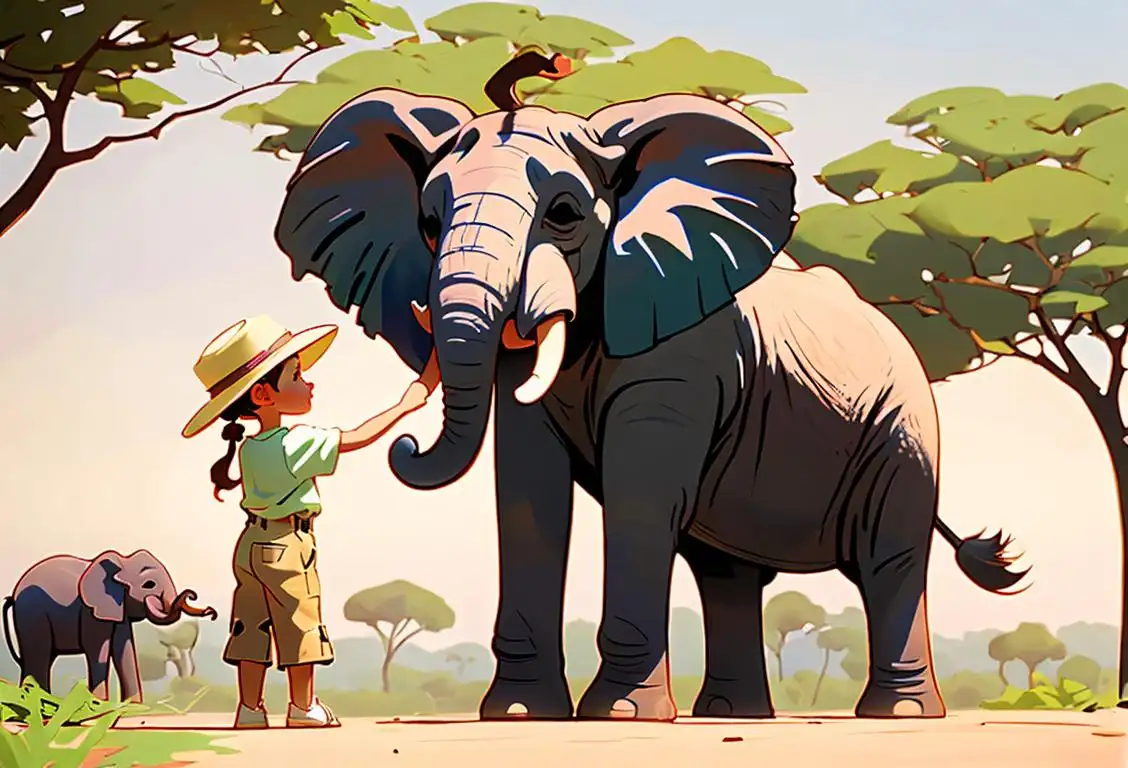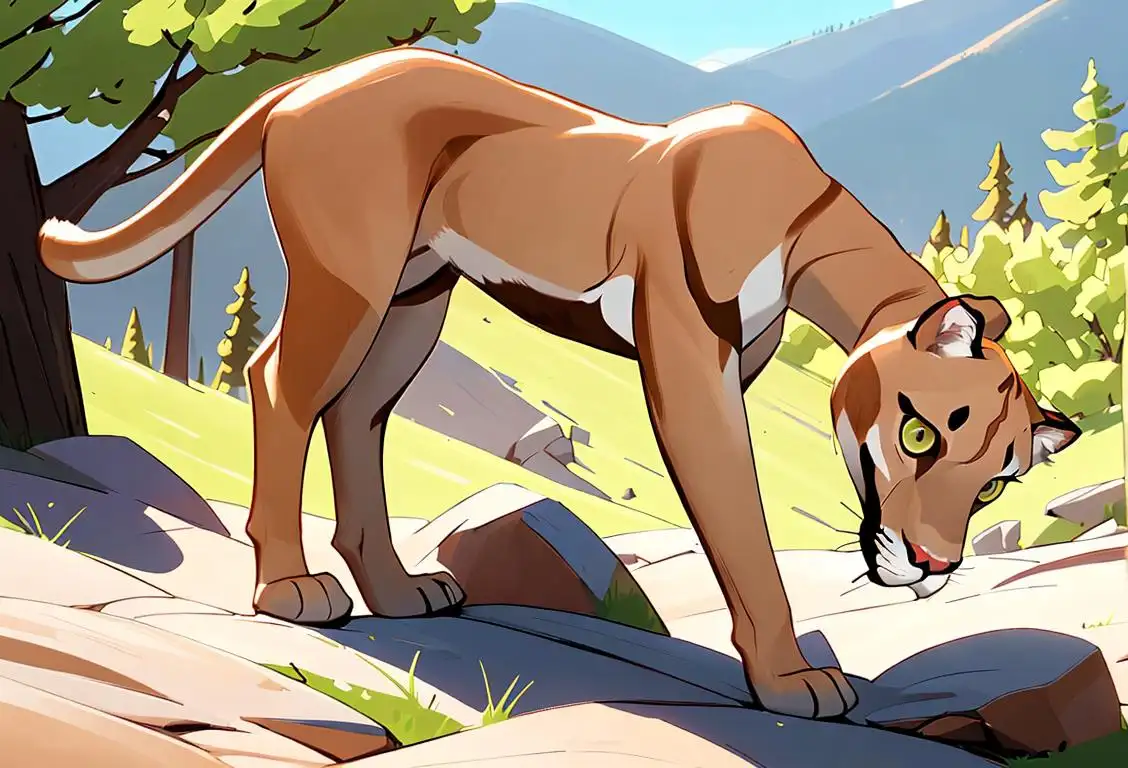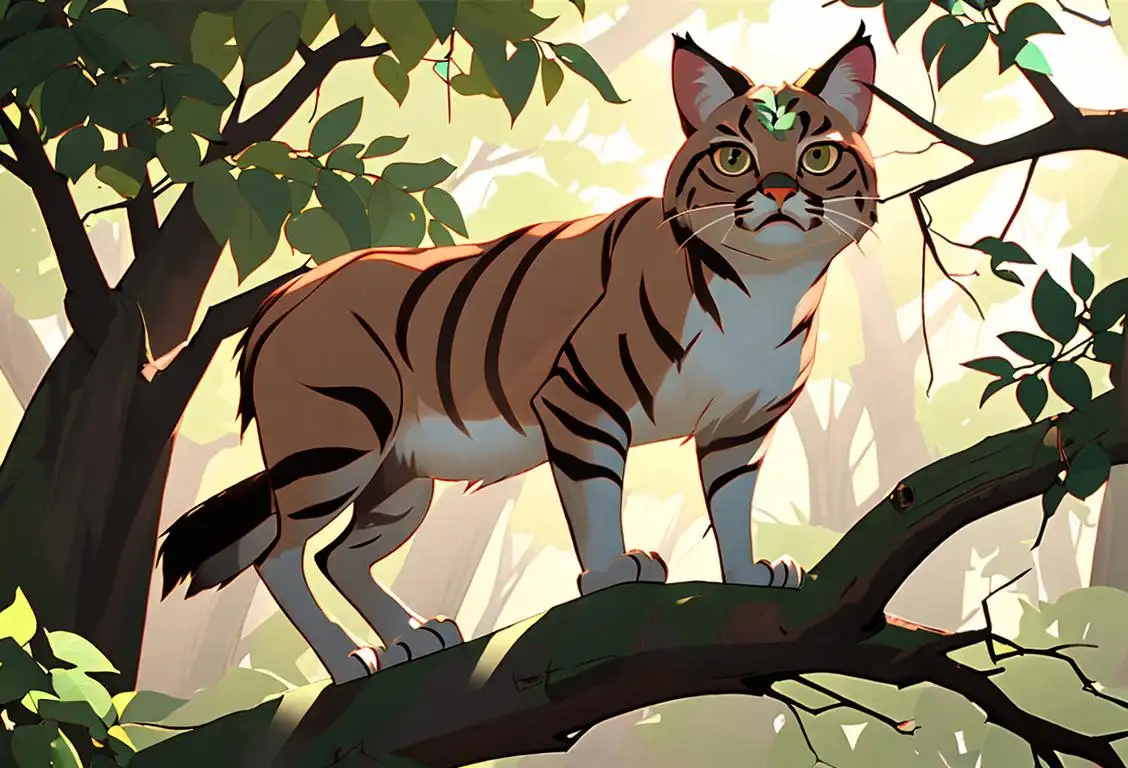National Threatened Species Day
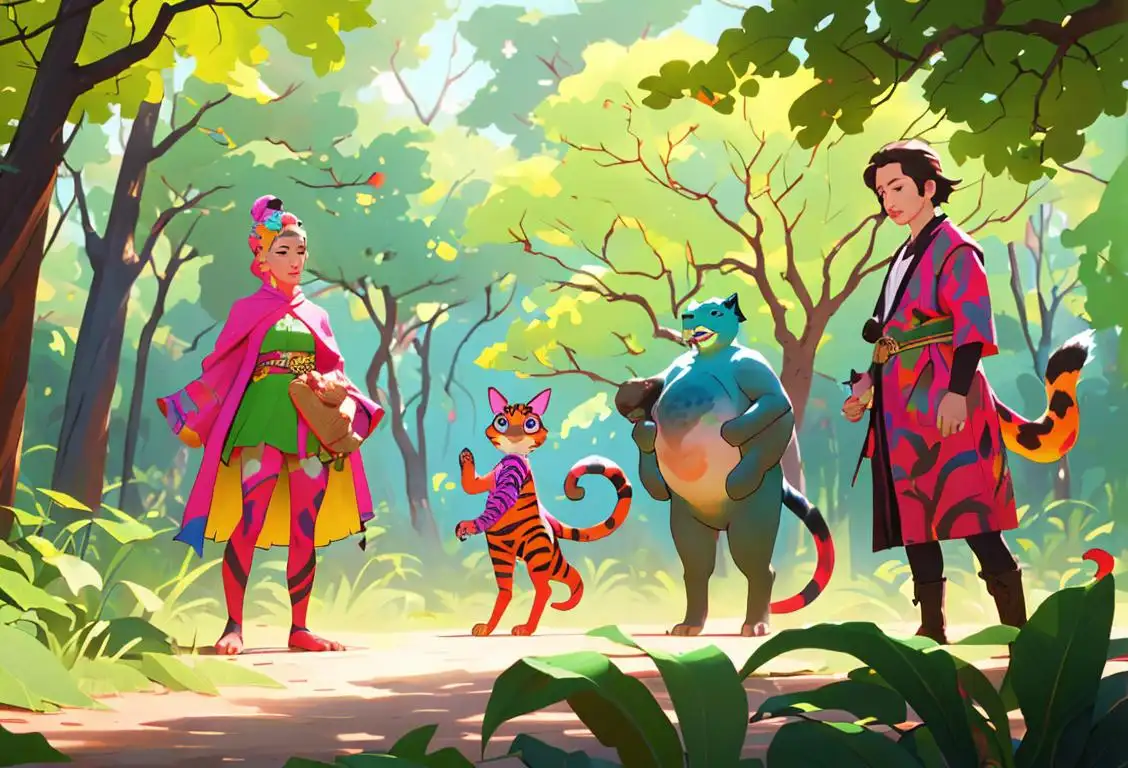
Don't worry, this isn't about calling in the pest control. Well, not exactly. National Threatened Species Day is perhaps one of the bravest (and furriest, and featheriest, and slimiest) holidays we'll dive into. On 7th September every year, let's all get in touch with our inner David Attenboroughs and join voices across the internet to protect the biodiversity as fiercely as a mother hen protects her chicks.
When is Threatened Species Day?
It's national threatened species day on the 7th September.
Becoming a Voice in the Wilderness
National Threatened Species Day first stormed onto the net scene in bigger proportions on 7th September 2018, racking up more chatter than a flock of cockatoos at happy hour. It's not just an annual reminder to pick up after picnic-ing, but a sharp tweet (pun fully intended) to remember the planet's endangered buddies and what we can do to aid their fight for survival.
The Birth of the Conservation Conversation
The actual initiation of the day comes from Australia, and it’s tied deeply to their beloved, but sadly extinct Tasmanian tiger. The last known one died in Hobart Zoo on the 7th September, 1936, and the day was put together to honour its memory and bring attention to other species at risk. Suddenly, dropping your water bottle in the recycling bin doesn't seem so inconsequential, right?
Spreading the Green Gospel Online
From viral Tiger King memes to hashtag campaigns, National Threatened Species Day has seen it all. It's a perfect opportunity to play hashtag-activist for a day and flood your followers' feeds with cute animal gifs and stats. The aim is to educate people with a gentle nudge (or a friendly polar bear-sized swipe) about the importance of conservation and the remarkable creatures that stand to benefit from it.
Doing Our Bit
Posting on social media is one thing, but let's put our money where our mouths (or fingertips) are. Donating to wildlife charities, adopting an animal (not literally, Linda), or even pledging to swap your car journey for a bike ride can make difference. Turn the chatter into change and pitch in for these braveheart species we share the planet with. Because, without them, our world wouldn't be half as wild or wonderful.
History behind the term 'Threatened Species'
1966
Introduction of the term
The term 'threatened species' was introduced in 1966 by the International Union for Conservation of Nature (IUCN) as part of their Red List. The Red List is a comprehensive inventory of the global conservation status of plant and animal species. The term was used to refer to species that were at risk of becoming extinct in the near future.
1973
Endangered Species Act in the United States
In 1973, the United States passed the Endangered Species Act, which formally defined and provided legal protection for threatened species. This legislation aimed to conserve ecosystems upon which threatened species depend and to provide programs for the recovery of these species. It marked a significant step towards recognizing the importance of protecting and preserving threatened species.
1980
Convention on International Trade in Endangered Species
In 1980, the Convention on International Trade in Endangered Species of Wild Fauna and Flora (CITES) was established. CITES is an international agreement between governments, aiming to ensure that international trade in specimens of wild animals and plants does not endanger their survival. This further emphasized the need to protect and conserve threatened species on a global scale.
1994
International Year of the Family and Natural Heritage
In 1994, the United Nations declared it as the International Year of the Family and Natural Heritage. This year highlighted the importance of biodiversity conservation, including the protection of threatened species, in maintaining the balance of ecosystems that ultimately support human well-being. It raised awareness about the urgent need to take action to safeguard our natural heritage.
2002
World Summit on Sustainable Development
The World Summit on Sustainable Development, held in Johannesburg in 2002, addressed pressing global issues, including the conservation of biodiversity and the protection of threatened species. This summit emphasized the importance of integrating the conservation and sustainable use of biodiversity into policies and practices worldwide. It highlighted the role of threatened species in sustainable development and the need to protect them for future generations.
Did you know?
Did you know, one of the most endangered species in the world is the Amur Leopard? There's only around 60 left in the wild!Tagged
awareness wildlife conservation environment endangered speciesFirst identified
4th September 2015Most mentioned on
7th September 2018Total mentions
2151Other days
Threatened Species Day
Wetlands Day
Geographic Celebrates Earth Day
Rhino Day
Bald Eagle Appreciation Bald Eagle Appreciation Day
Water Consumption Each Day
Elephant Day
Cougar Day
Bobcat Day
Tree Planting Day
